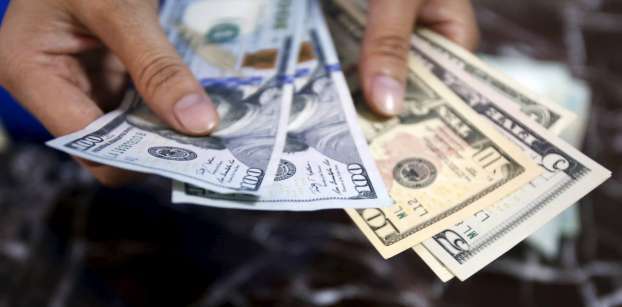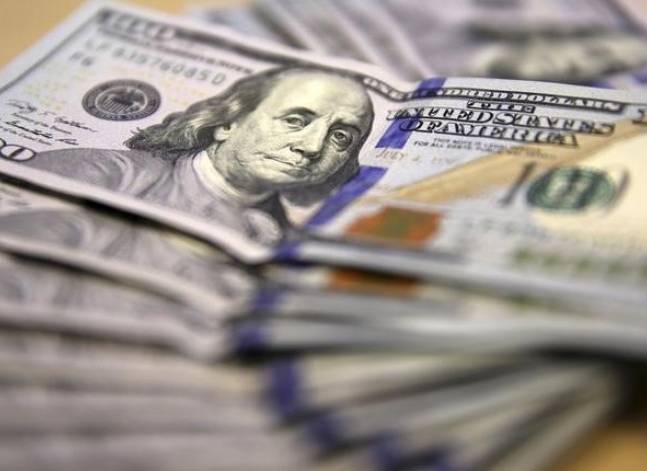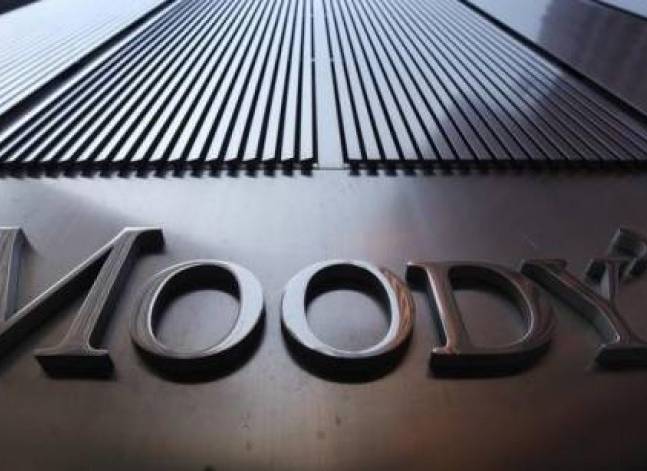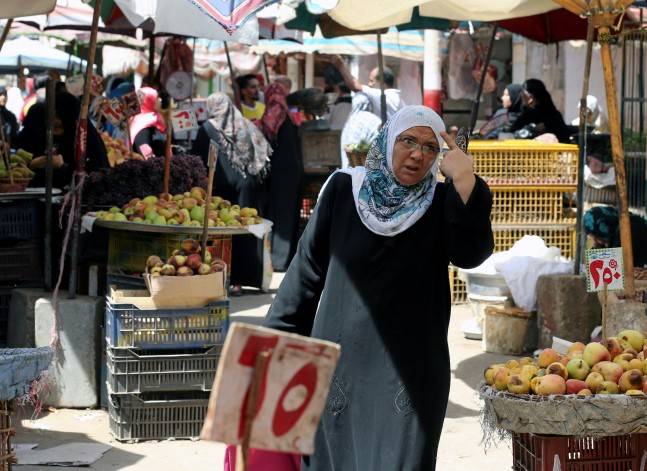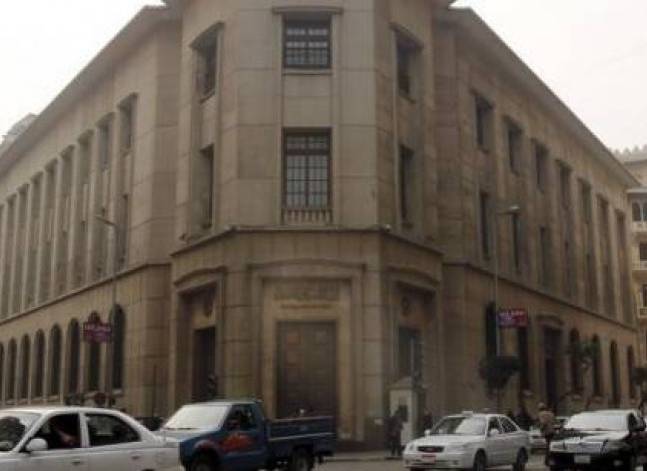Latest NEWS
- Aswat Masriya, the last word
- Roundup of Egypt's press headlines on March 15, 2017
- Roundup of Egypt's press headlines on March 14, 2017
- Former Egyptian President Hosni Mubarak to be released: lawyer
- Roundup of Egypt's press headlines on March 13, 2017
- Egypt's capital set to grow by half a million in 2017
- Egypt's wheat reserves to double with start of harvest -supply min
- Roundup of Egypt's press headlines on March 12, 2017
CBE governor: Fixing the Egyptian pound’s price was a ‘grave mistake’
CAIRO, Jul 3 (Aswat Masriya) – The governor of the Central Bank of Egypt (CBE_, Tarek Amer, said that the CBE's attempts to fix the price of the Egyptian pound against the dollar were a grave mistake, three different publications reported on Sunday.
Amer's comments signal that the CBE may adopt a more flexible exchange rate policy that could be reflected in decreases in the price of the EGP in the coming period.
“Egypt has received loans and aid deposits of about $ 22.5 billion since the January revolution and most of that has been lost due to targeting exchange-rate [policies],” Amer told the economic newspaper, al-Mal.
Amer also stated that the policy of fixing the value of the EGP doesn’t truly reflect how it stands against the dollar, “and it encourages citizens to buy imported goods,” which he added is “a grave mistake.”
As for the high demand for imported goods, Amer said "it is inappropriate to deal with that with fixed high exchange rates for the pound and to the waste [the country’s] foreign reserves for the sake of maintaining the price of the currency."
The former CBE governor, Hesham Ramez had begun gradually depreciating the pound against the dollar since 2012. After Amer became the head of the CBE last March, he depreciated the point from 7.73 to 8.85 and then again raised it to 8.78.
Although heavily reliant on imports for food and energy, Egypt is facing a dollar shortage with sources of hard currency inflows like tourism and investment slowing down.
Years of political turmoil led to a drop by more than a half of Egypt's foreign reserves in the years following the popular uprising in January 2011, which ended the rule of President Hosni Mubarak. The instability that ensued has driven tourists and investors away.
The Egyptian state is facing pressures depreciate the pound, with analysts saying Egypt can no longer support the current price of the pound, set by the CBE at 7.73 to the dollar.
Egypt's foreign reserves inched up at the end of February by 56 million dollars reaching 16.533 billion, still less than half of the foreign reserves Egypt had before Mubarak's removal when they were almost $36 billion.
Egypt has been scrambling to collect money lately, signing loan agreements with the World Bank and the African Development Bank (AfDB) in December.

